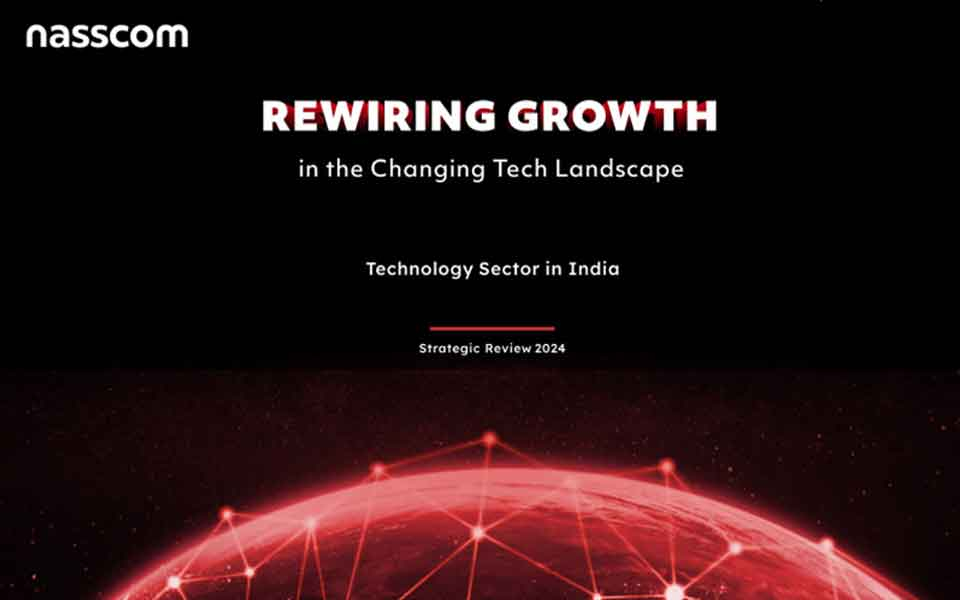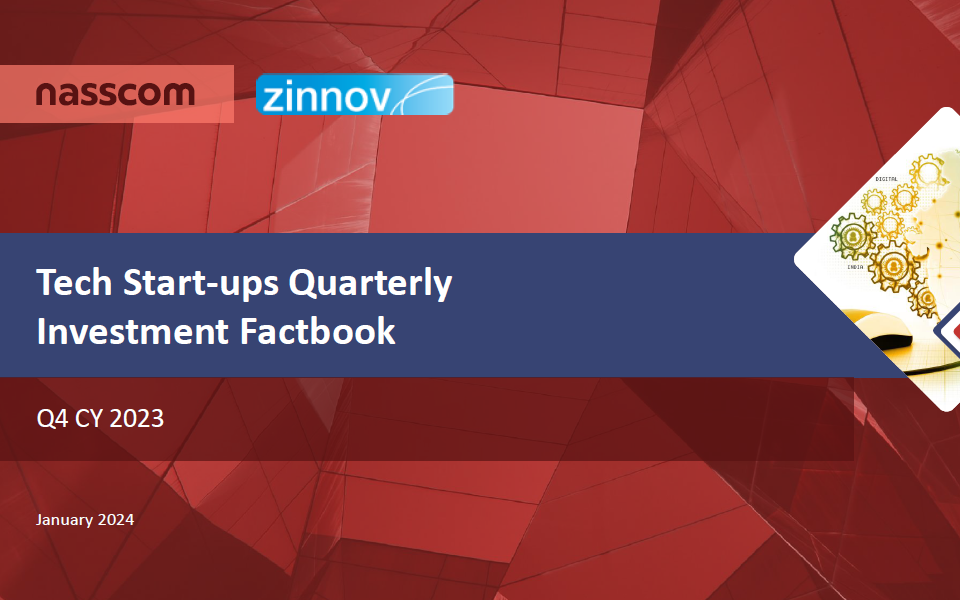Cautionary message
I am a Startup Founder myself, and I have been searching for Co-founders (a CMO/ CDO, and a CTO) for a while now. I have met several interesting people, but not been successful in actually finalizing a co-founder so far. But I am optimistic, and the journey is still ongoing. Following are some of my thoughts and experiences from my Co-founder search journey.
There’s also a Call-to-Action at the end of this post – Please do support this ask, as it could be quite valuable for the entire Startup ecosystem.
Setting the stage
Are you a founder of an early-stage startup? Does your Startup founding team have multiple founders, each bringing his/ her different set of skills to the table? If yes, then you’re really one of the lucky ones.
On the other hand, if you are a Solo founder on an early-stage startup, then you are in for a long & lonely journey for the next few years, as you get your business ready & running.
You need a Co-founder.
So why do you need a Co-founder?
A Co-founder can enable your startup in several ways:
-
Avoid becoming a "Single point of failure". As a Solo founder, you are the solo decision maker. When the decisions pile up, and you are not able to cope with the volume, then you become the blocker instead of being the decision maker. A co-founder can help to spread the decision-making load.
-
Bring complementary skills to bear: An ideal startup team is comprised of the visionary, the hustler, and the hacker. If you are unable to provide these capabilities, then your startup may not be able to launch & scale optimally.
-
Be a bouncing board: If you are a solo founder, then you are in for a lonely ride. You cannot get a second opinion about anything; You cannot validate your assumptions or approaches with someone else; etc. You can seek advice from a mentor or advisor, etc, for this – but a co-founder has skin in the game, and hence the inputs from a co-founder will be really grounded in your startup’s true context.
-
Enable a Backup plan: If you’re a Solo founder, then you have no backup plan. If you fall sick, or need to take an emergency break, then things can stop working in your startup. A co-founder can provide you that backup plan, and you can take a break with confidence that things will not get blocked due to lack of attention.
-
Give confidence to potential investors: If you’re a Solo founder, then potential investors are very unlikely to take your startup seriously. Due to all the challenges noted above, the investors will write your startup off as too much of a risk. This could limit your ability to scale & grow.
So what are some of the preferred characteristics of a Co-founder?
-
Complementary skillset/ capability: Skills and/ or capabilities that complement your (Founder’s) skills & capabilities, and bridges key skills/ capabilities gaps for your startup.
-
Belief & alignment to the startup’s long-term vision: The new co-founders understand and are aligned along with you, the Founder, on the long-term vision/ purpose of the startup, such as the Target market, market acquisition & product growth strategy, etc.
-
Alignment of ethos: The Co-founders’ readiness to be aligned to your (the Founder’s) basic beliefs & character, culture, management style, etc – Otherwise too much stress would be injected into an already stressful environment.
-
Skin in the game: Depending on the availability of funds for the Startup, the new Co-founders would need to put in their efforts into the startup with limited or even zero compensation until such time where the startup is able to handle such pay cheques without breaking the runway & cashflow of the company.

Why not just induct an Employee instead of a Co-founder?
This typically does not work.
A hired employee does not have the skin in the game that a co-founder has, and so the level of ownership will be correspondingly lower, unless you have been blessed with an extraordinary employee.
Also, when you get an employee with all the skills & skill levels that you need for your startup, it is quite likely that the guy or gal comes with a very large price tag that you cannot really afford, in your bootstrapped state.
Is co-location important?
Does your Co-founder need to be in the same physical location as you? How about the same state or country? How about factors such as race?
The simple answer is: It depends – On the Startup & its context: Targeted users & their location/ preferences/ constraints; Business model; Product or Service Delivery strategy; etc.
In these days of Remote work, location may not matter as much as the other factors.
What do investors additionally ask for in co-founders?
If you go to a potential investor with the question about key characteristics of a co-founder, you are going to get an answer that you do not like, or find difficult to achieve: They suggest that you should have had a long working association with your co-founder.
The rationale for this ask is understandable, but not always possible.
Why is this difficult?
Because of the other requirement of complementary skills from the co-founder.
Typically, it’s only when we work in a very small firm that a marketing guy works closely alongside a product guy.
The basic mindset of these people are diametrically different.
In any firm of size, marketers congregate with other marketing guys; The Product developers work & chill out with other product guys; etc. That’s because those are the people that you normally work with closely, day in & day out. That’s the people who typically understand your work environment, your stresses, your aspirations, your roadblocks, etc.
Only when you have students or founders with short experience come together, they can achieve the alignment of thinking & ethos, and willingness to have skin in the game, etc. But the key gap here is: Skills & capabilities.
Some steps that I have used in my own Co-founder search
In every direction that I have taken, I have tried to be as open as is viable, and shared information such as:
-
The type of co-founder that I am looking for: Hustler, Techie, etc.
-
Typical skills & experience levels looked for.
-
Compensation expectations offered.
I have pursued the following paths for my Co-founder search:
-
Personal network search
-
Search via my Advisors/ Mentors
-
Published posts via LinkedIn & shared with my network, as well as shared in several LinkedIn Groups
-
Published Job openings in AngelList (angel.co)
-
Published Job openings in f6s.com
-
Published my ask in cofounderslab.com
-
Published Job openings in YCombinator Startup School Co-founder matching
-
Published in several Slack communities (SAAS Insider, Insider circle, Xartup Fellowship community, Draper Entrepreneur Network, Creators of Products, The Builders Channel, etc)
-
Published in Reddit – r/Cofounder subreddit
-
Applied to Antler India
-
Searched via Incubators
-
Searched via Accelerators.
I have had the pleasure of meeting some exceptional individuals on this journey, but as I mentioned earlier, the journey is still in progress.
A very important point to note here is: This is a journey that could consume a lot of time. If you’re lucky, you will find someone very quickly. Otherwise, this may takes weeks or months, or even a year+. The key is to be patient, and do not act impulsively.
How to engage a potential Co-founder?
After you have identified a potential Co-founder via one of the steps above, or any other step that you have chosen to use, the first steps to execute before you actively engage are:
-
Research the Co-founder:
-
Check out the Co-founder’s LinkedIn profile.
-
Read his/ her posts.
-
Read his/ her responses to others’ posts.
-
Check out the Co-founder’s Twitter account & Facebook account, from the same angles.
-
Perform an Internet search about the Co-founder.
-
The intent of the above exploration is to form a picture of who your potential Co-founder is: His/ her mental makeup/ Likes & dislikes/ Interests/ Communication styles/ etc. The better you understand him/ her, the better it is for you to prepare for a long-term relationship.
-
If you have any mutual friends/ colleagues, gently request for some feedback about your potential co-founder, if possible.
-
Reach out to the potential co-founder, and check out if he/she would be interested in working together on your Startup.
-
Agree and sign a Mutual Non-disclosure agreement. You can download & modify a Mutual NDA template from the Internet that best suits your Startup’s context.
-
Match your Startup’s Skills/ Capability gaps to his/ her profile.
-
Conducted an initial conversation to ensure that you are aligned on:
-
Roles & responsibilities breakup across the co-founders.
-
Alignment on Management style & culture.
-
Agree on a schedule of pre-engagement: A period where you would explore your relationship with each other, using a very specific scope of work. You both agree on the expectations during this period of pre-engagement, and work out the logistics of who would do what & when; etc. Plan for a period of engagement that’s at least one month long.
-
After you have completed your period of pre-engagement, and provided that you have reached a common understanding, sit down & discuss expectations from each other for the long-term engagement. Be as detailed as needed, covering the following aspects at a minimum:
-
Roles & Responsibilities.
-
Visibility- & engagement-related decisions:
-
Would the Co-founder be publicly known as associated with the Startup, or work in Stealth mode?
-
Full-time vs Part-time engagement; If part-time, then:
-
How many hours per day/ per week etc would the co-founder spend on the Company.
-
When would the part-time be converted to full-time?
-
“x” months OR
-
“y” Revenues for the company; etc.
-
Measures of success, Sources of data for the measures, and how frequently the data would be collected & analysed.
-
Team charter (Behaviour expectations, Communication model, meetings, etc).
-
Short-term (3-9 months) & Long-term (9-24 months) vision for the company, including target market, user acquisition strategy, product build/ enhancement strategy, hiring strategy, team culture, etc.
-
Investment vs Equity arrangements, etc.
-
Develop a Shareholders’ agreement that is as specific as possible. You should search for & locate a Shareholders Agreement template from the Internet that matches your Startup’s context:
-
Industry
-
Geography (Country & State)
-
Type of business (SAAS/ Ecommerce/ Hardware/ Software)
-
Target market (Local/ State/ Country/ Multi-country/ fully Global/ etc)
-
Get the Shareholders Agreement reviewed by a Startup lawyer. Ensure that both of your interests are well met, by the agreement. This could be an unexpected cost, but it would be money well spent.
-
Sign the Shareholders agreement.
-
Now, you can get cracking !
Call to action
There could definitely be other platforms/ methods that I have not identified. So if any of you are aware of any other effective platforms or methods for searching for & engaging potential co-founders, please do share your thoughts.
Also, there could be other inputs/ guidance that I have missed above. Please do feel free to share these, and I will be happy to discuss & then include in the post.
Please share your inputs as comments, and I will collate all such inputs and publish another version of this post with all received inputs, as soon as I can.

























